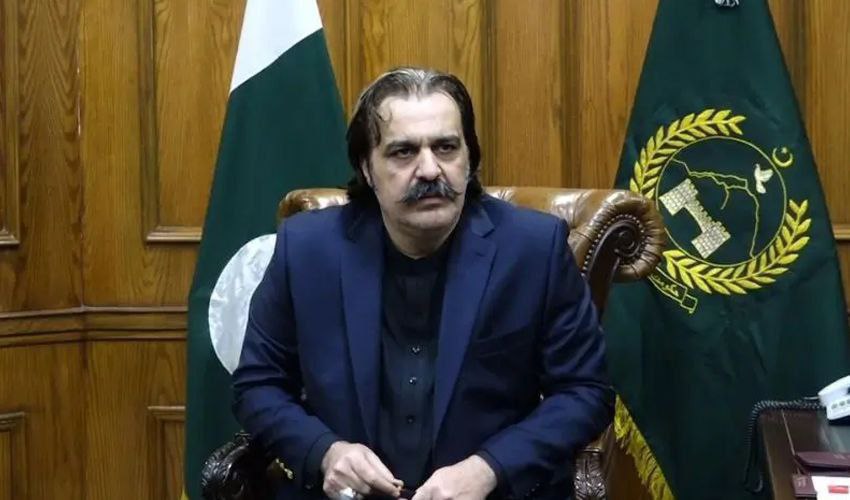A senior official in Pakistan’s Khyber Pakhtunkhwa Province has called for granting permanent residency to Afghan migrants, a proposal that has drawn mixed reactions in a country grappling with security concerns and resource constraints.
Ali Amin Gandapur, chief minister of the northwestern province bordering Afghanistan, made the remarks amid growing pressure on local infrastructure and fears over cross-border militancy. Khyber Pakhtunkhwa has long served as a hub for Afghan refugees, but also bears the brunt of Pakistan’s security challenges.
“Terrorist attacks in this province remain at a high level,” Gandapur said, adding that security operations have intensified in recent months. He claimed that some of the violence is being orchestrated from inside Afghanistan.
Pakistani officials have repeatedly asserted that more than 70 percent of recent terrorist attacks in the country can be traced to Afghan territory.
Despite such concerns, Afghan migrants have been living in Pakistan for more than five decades, owing largely to the long and porous border between the two nations. More than 2.1 million Afghan nationals are currently registered in Pakistan, with around 1.3 million holding Proof of Registration (PoR) cards, which provide them temporary legal status.
More than half of these migrants live in Khyber Pakhtunkhwa, which hosts an estimated 52 percent of Pakistan’s Afghan refugee population.
Still, rising anxieties over security and high-profile incidents allegedly linked to Afghan nationals have fueled debate. Among them is the deadly attack on the Jaffer Express train, which Pakistani authorities claim was planned across the border.
In response to Gandapur’s comments, Muhammad Ijaz Khan, former head of international relations at the University of Peshawar, told The Express Tribune that the government should prioritize security and development before considering long-term residency policies.
“The state must first address terrorism and improve education and health services,” he said.
Others have taken a more hardline stance. Tariq Afghan, a lawyer, called for stricter visa regulations for Afghan nationals, arguing that a more controlled immigration policy could benefit Pakistan’s economy.
“Many countries manage migration to their advantage through clear legal frameworks,” he said.
Opposition figures also weighed in. Faisal Karim Kundi, a member of the opposition, dismissed Gandapur’s remarks as “unfounded,” stressing that decisions on citizenship and permanent residency should be made at the national level, not by provincial governments.
“The current security crisis in Pakistan is directly linked to developments in Afghanistan,” he said. “More than 70 percent of recent terrorist activities have been planned from Afghan soil, and leftover NATO weapons are now being used against us.”
Local officials argue that the government should focus on restoring security and stability before making decisions that could have long-term demographic and economic implications.
According to reports, more than 2,000 Afghan migrants and between 500 to 1,000 freight trucks cross into Pakistan daily via the Torkham border. Officials warn that the influx is straining the province’s urban infrastructure and resources.





